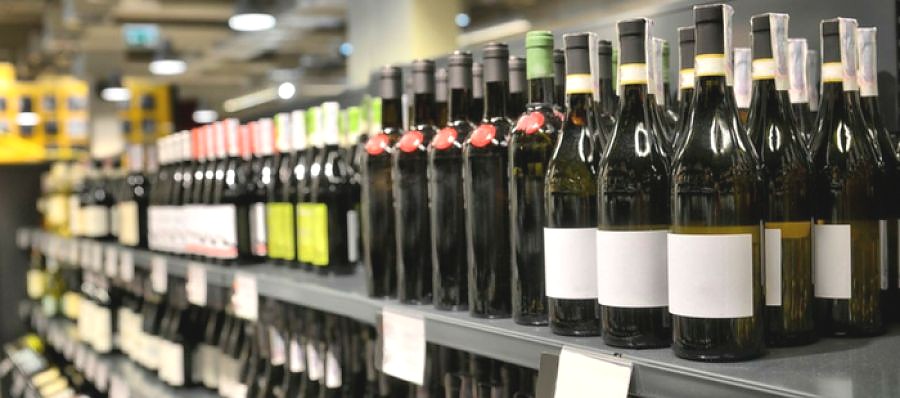The government will not issue bulk wine juice importation permits, until it is assured the winery have exhausted the products from the local grapes farmers, the Deputy-Minister for Agriculture, Mr. Hussein Bashe has affirmed. Moreover, he said, the government is determined to protect local farmers but also increase production because the grape is lined up for strategic crop farming.
To make it work, Mr. Bashe said they will apply the quota system for the bulk wine imports, as it is the case with sugar, to protect local farmers and industry. The Ministry, he added, will meet with three major winery industry in the country, so that they together agree on the quota and ensure that they buy wine juice from local manufacturers and import only when need arise.
Further, Mr. Bashe said they are working with the Small Industries Development Organisation (SIDO), for value of chain, where grape farmers will be trained for wine juice production. Mr. Bashe gave the clarification in Parliament yesterday, when responding to a question by Anthony Mavunde (Dodoma Urban-CCM), on measures to promote grape farming in the country.
The Deputy-Minister told the House that the Ministry has also sent three agriculture extension officers for further studies in South Africa. They will specialise on grape farming, so that upon return they will impart farmers with the latest farming methods for increased production. Mr. Bashe said currently, the grapes production is approximately 16,000 tonnes a year, compared to its potential to produce 150,000 tonnes annually.
He added that the demand for wine juice by the winery is 15-million litres a year, while local production is five-million litres thus making the winery industries in the country to import 10-million litres worth six-million US Dollar. He said the government is determined to improve the grapes subsector for increased productivity and ensure it benefits agricultural entrepreneurs.
Mr. Bashe said that farmers must also engage in cultivation of table grapes for wider markets, instead of concentrating with the cultivation of wine grapes. He said plans are ongoing to ensure the provision of necessary support to grape farmers at the Bihawana farm, including the construction of irrigation infrastructures.
Grapes produced in the Dodoma are especially prized for making wine compared to produce from other regions, he stated. He said that grape farming has greater prospects in boosting living standards for farmers in Dodoma. He underscored the need for farmers and business communities to make better use of the opportunity, assuring farmers that the government is committed to provide them with required support to ensure productivity and contribution of the crop to national development.
Deputy-Minister Bashe said the Ministry is working to revive the Chinangali grapes farm and they have already started to rehabilitate its drainage systems, noting that so, far three deep water wells have been revived and are properly functioning. The Chinangali farm has 600 acres, but only 300 acres are in use, said Bashe, noting that the ministry plans to produce 500,000 seedlings of grapes to be planted at the Chinangali farm.
The Tanzania Agricultural Research Institute (TARI) Makutupora center has produced a large quantity of grape seedlings that will be distributed among farmers for them to embark on mass production of the crop, he stated. He said the government will strive to give the needed capacity TARI so that they produce hybrid seed by increasing their research budget from 7,35bn/- in 2020/2021 to 11,63bn/- in 2021/2022 financial year.
